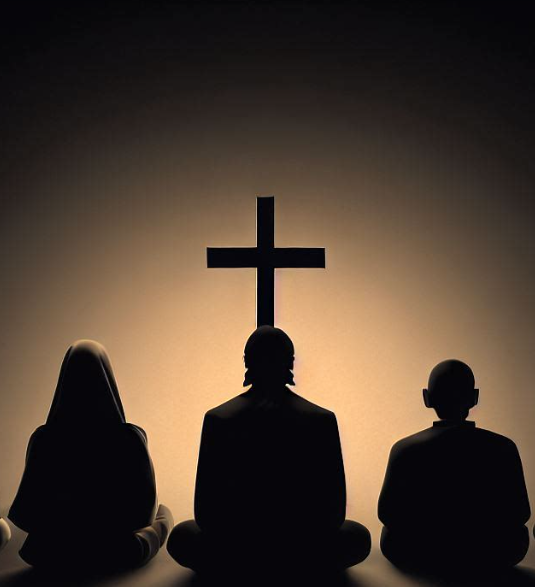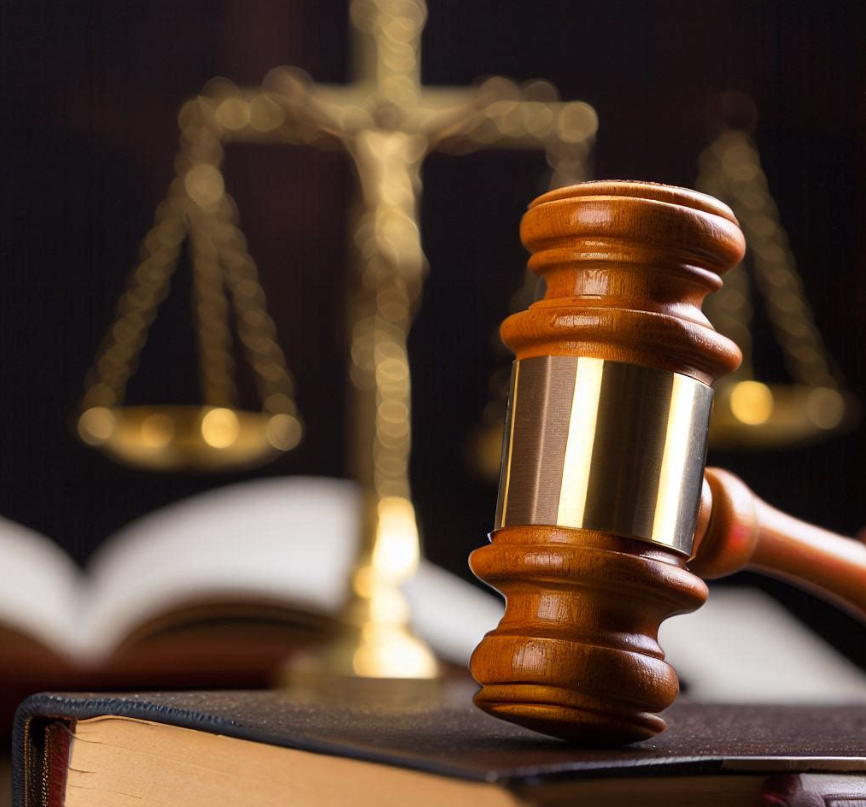The Role of Religion in Society

Religion has always been a cornerstone in defining the societal moral compass. It’s a concept that is tightly woven into the fabric of society, having a significant impact on its ethical outlook. Deeply entrenched societal norms and values are often nurtured by religious teachings. This is observable in the way it creates a cultural perception about what is considered moral or immoral.
Taking a glance back at history, it becomes evident that communities have relied heavily on religion for laying down guiding principles. These principles act as a blueprint instructing individuals on how to interact, behave, and function within their social environment. The religious teachings forge a framework which aids in maintaining social order and coherence.
Famed religious laws such as the Ten Commandments in Christianity, the Five Pillars of Islam, or the Eight-Fold Path in Buddhism offer an insight into this phenomena. These are not just laws, but a foundation upon which societies establish norms and ethical standards. These standards serve as a guiding light, steering societal behavior along the path of righteousness.
The moral codes advocated by various religions underscore essential values. These values, which include honesty, kindness, respect, and responsibility, become the bedrock of civilized societies. They inspire individuals to act with integrity and forge deeper connections with their fellow beings.
Religious organizations have not just been proponents for moral standards, but also catalysts for social change. Over the centuries, religious leaders have often emerged as the beacon of hope during times of social strife. Their voices against social injustices have stirred mindfulness among masses, guiding communities on the path of ethical improvements.
Vestiges of this influence continue to resonate in present times as well. The moral compass bestowed by religion still sways societal norms. It acts as a stimulus for social change, enabling societies to evolve, adapt, and refine their moral perspectives. Thus, religion retains its place as a stalwart guide of moral and societal transformation.
The Community and Sense of Belonging
Religion is instrumental in shaping community bonds and cultivating a tangible sense of belonging among its followers. It serves as a powerful social structure that unites individuals around a common faith, shared identity and collective purpose. This is irrespective of whether these individuals come together in physical spaces like churches, mosques, or temples, or congregate virtually – in online spaces influenced and inspired by same belief systems.
The prominence of religion in forming communities is not solely restricted to spatial congregations or geographical boundaries. Right from conduct codes, moral ethics, to principles of living, religious teachings invariably impact how these communities shape up in social and digital realms. This influence extends the definition of community far beyond traditional territories, into more fluid, digital spheres, thereby transforming religious community dynamics into a far more inclusive and integrated structure.
Not to be overlooked is the widespread influence of religious organizations in fostering community and sense of belonging through their social outreach programs. They are often at the forefront of sustained welfare activities, be it operating hospitals, managing orphanages, or running educational institutions like schools and colleges. This commitment to social welfare serves multiple purposes. It not only promotes communal bonds but also extends the landscape of community and sense of belonging.
These establishments, run by religious organizations, have harmonized diverse sets of people – across different strata of society, from various ethnic backgrounds and walks of life, reinforcing shared identity and unity. They exemplify how community and sense of belonging can be galvanized irrespective of class or ethnicity. Such initiatives drive home the potency of religion in fostering a deep-rooted sense of community.
In an overarching perspective, religion’s role in constructing communities and fostering a sense of belonging is multi-faceted – from shaping individual identities to building collective motivations, from enriching social spaces to invigorating online communities, and from conducting welfare activities to integrating varied sections of society under one umbrella of unity and shared identity. This signifies how religion transcends traditional and digital communities, breaking stereotypes and building bridges of cultural unity and shared identity among its members. Thus, redefining the concepts of community and sense of belonging in a modern context.
The Role in Politics and Law
The role of religion in politics and law has been well-documented in numerous societies across the world. From the dawn of civilization to the present day, religious principles have played a significant part in shaping the ideological stance of governments. Policies are often influenced by religious laws and teachings, leading to the intertwining of state affairs and religious doctrines.
One facile example that highlights this intermingling of religion and law is the applicability of Sharia law in certain countries. Rooted in Islamic principles, Sharia law forms the code of conduct and the backbone of the legal system in these nations. On the other spectrum, in multiple US states, the infusion of Judeo-Christian beliefs in the law-making process has been observed. This testifies to the pervasive influence religion exerts in shaping the tenets of the legal system, affecting decisions related to social services, education, and more.

The influence of religion isn’t confined within the echelons of policy-making or legal structures. It also percolates down to individual levels, affecting the voting behavior of the populace. It isn’t uncommon for people to vote in alignment with their religious beliefs; individuals often choose representatives whose convictions mirror their values. Consequently, religious beliefs seep into the realm of politics, possessing the potential to sculpt not only domestic policies but also contribute to the molding of international relations.
The reach of religion remains prominent in many societies, even those that adhere to secularism. The sustained role of religious beliefs in politics and law emphasizes its continued relevance in shaping societal structures.
Religion, in its essence, serves a multitude of purposes. As a compass, it guides moral decisions. As a binder, it forges unity among diverse communities. And as an influencer, it shapes political ideologies and legal systems. The magnitude and direction of its influence may differ across various societies and cultures, but the undeniable fact remains that religion is a fundamental force that continues to shape societal structures and govern human interactions.
